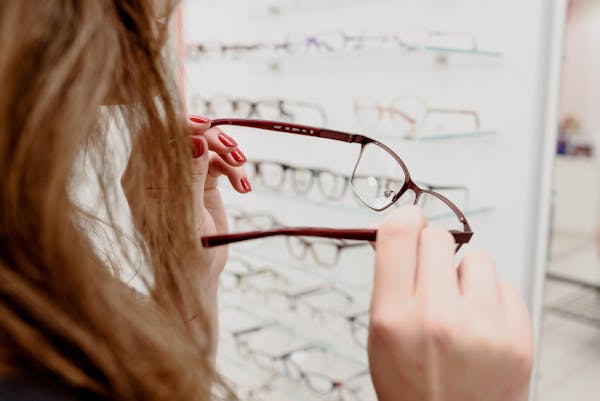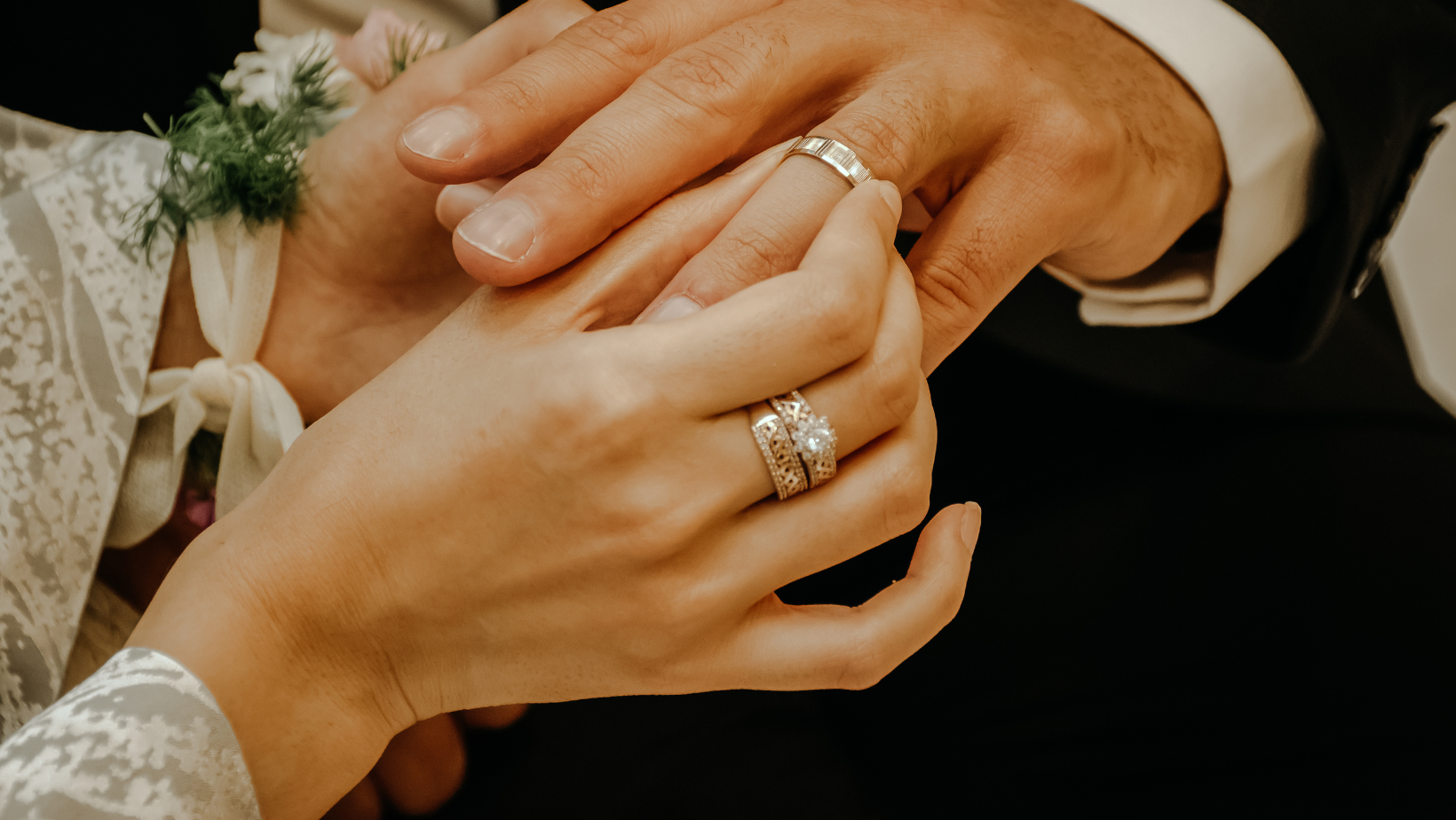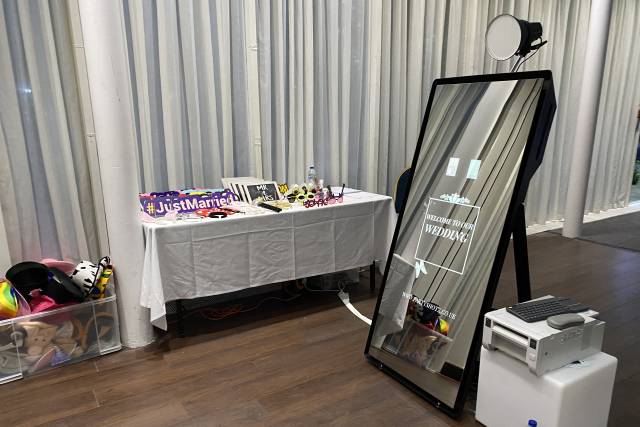Bentonite Clay Ruined My Hair (Treatments and What to Do About It)
The beauty and skincare industries are full of varying products, each with its list of dos and don’ts when it comes to application. If you think bentonite clay has ruined your hair, chances are it hasn’t, so you shouldn’t panic, at least not immediately or before contacting a haircare specialist. In many cases, you have not removed the bentonite correctly, and there are steps you can take to correct the problem!
Bentonite clay ruined my hair!
It’s unlikely that bentonite clay ruined your hair, though it can make it feel heavy, sticky, and in many cases, dried out. If you feel as though bentonite clay has made your hair feel less than perfect, the first thing you’ll want to do is rinse it with warm water to open up the hair follicle and allow the leftover residue to rinse clean. You can take a few additional steps (such as shampooing and deep conditioning) to help your hair feel its best.
If you’ve been thinking about using bentonite clay in your hair care routine, or you believe it has ruined your hair, read on to find out more about the clay itself and how to fix any damage that may result!
Working with Bentonite Clay
Bentonite clay isn’t the most manageable hair care product to work with, as it requires product knowledge and the ability to follow instructions flawlessly, which can be an issue if you’re in a hurry. If you’ve got product build-up and need a cleansing wash, bentonite clay can be a lifesaver, but you have to do your research to execute the process correctly.
Before using a bentonite clay mask, which can be a fantastic way to detox your hair with natural ingredients, you must know your hair type. Bentonite can dry out your hair, so if you’ve got locks prone to breaking and brittleness, bentonite clay may not be suitable for you.
What is bentonite clay?
Typically formed from volcanic ash, bentonite clay is nutrient-rich and an effective pH-balancer for skin and hair. It has many uses in the health and beauty world and is sometimes used in moisturizers to treat specific skin conditions. Bentonite clay can work wonders on many hair types, but it can wreak havoc on others.
Bentonite clay and porous hair
If you’ve done any research on bentonite clay before now, you’ve probably read something that states its effects on porous hair. Bentonite clay can be beneficial for most hair types, but if you have porous hair, it can quickly strip and absorb water out of your strands, leaving you with highly dehydrated locks.
If you do have porous hair, you can use bentonite clay on the scalp only, leaving it off the length of your locks. With the scalp-only method, you can avoid the clay pulling too much moisture out of your hair while detoxing and cleansing your scalp.
How to tell if you have porous hair
If you’re unsure whether you have porous hair, there are a few ways you can tell. Low porosity hair doesn’t absorb water very quickly in the shower and is often greasy or shiny. However, it can also feel dry to the touch as the cuticles are shut tightly.
High porosity hair absorbs water very quickly in the shower and has dry ends, lacking shine while remaining frizzy most of the time. The cuticles of high porosity hair are open and typically damaged.
Whether or not you should use a bentonite clay mask on your hair is entirely up to you. If you think your hair is too porous and therefore will absorb too much of the product, you might want to steer away from a product that can be drying, as it could very well feel like it’s ruined your hair.
However, if you have healthy, non-porous hair that needs a detox, bentonite clay could be perfect for you! It’s always best to make significant hair decisions with the help of a professional stylist that knows your hair, and only they can tell you what the potential outcome of using a bentonite clay hair mask might be. Without question, it’s not suitable for every hair type, so when using bentonite, you must proceed with caution. If you’ve already gone ahead with the bentonite application and feel like it’s done more harm to your hair than good, we will discuss how to fix it.
How to fix possible bentonite clay damage
If you’ve done a bentonite clay hair mask without the direction of a professional and you’re worried that it’s destroyed the health of your hair, there are a few things you can do to get your hair back on track and feeling like usual.
Warm Water Rinse
The first thing you must do if you fear that bentonite clay has left your hair in bad shape is a warm water rinse. Ensure that you’re not using cold water or scalding hot. It should be lukewarm to gently open the hair cuticle and allow the bentonite to wash out thoroughly. If the water is rinsing cloudy, there’s still clay in your hair.
Assess
How does your hair feel after the rinse? Is it dry or heavy? Does it still feel loaded with clay? If your hair feels sticky, there’s still clay in your strands, so repeat the rinse. If your hair feels weighed down, you’ll want to move on to step three. You can move to step four if it feels tangled, knotty, and dry.
Loaded or heavy hair could need a shampoo after a bentonite mask. Washing with sulfate and silicone-free shampoo will help you clean the clay mask off your hair and leave it feeling lighter.
Deep Condition
It would help if you always used a good deep conditioner after a bentonite clay mask. Because bentonite can be so hard, using a deep conditioner or moisture mask can help your hair recover from the stripping and build-up removal process. If you’re dealing with an abundance of tangles and dryness after a bentonite mask, but your hair doesn’t feel sticky, shampoo and then apply a deep conditioner.
Aftercare
Your hair will require aftercare after bentonite clay treatment. It would be best if you continued to use thick, reputable salon-quality conditioners and shampoo with clean, healthy ingredients. Bentonite clay can work wonders to leave hair feeling refreshed and clean, but it typically requires damage control afterward.
Successfully using bentonite clay
There are thousands of success stories circulating the internet regarding bentonite clay and how it improves or ruins hair. Your results will depend heavily on your hair type, and we can’t recommend meeting with your stylist regarding the topic before you mix up a mask and apply it to your unsuspecting strands.
Bentonite clay has plenty of benefits, but if you misuse it or on hair that isn’t strong enough to handle it, you’re unlikely to see those benefits. Take the advice of a hair care professional on the topic, and if they give you the approval, follow their instructions carefully to provide you with the best results possible.






